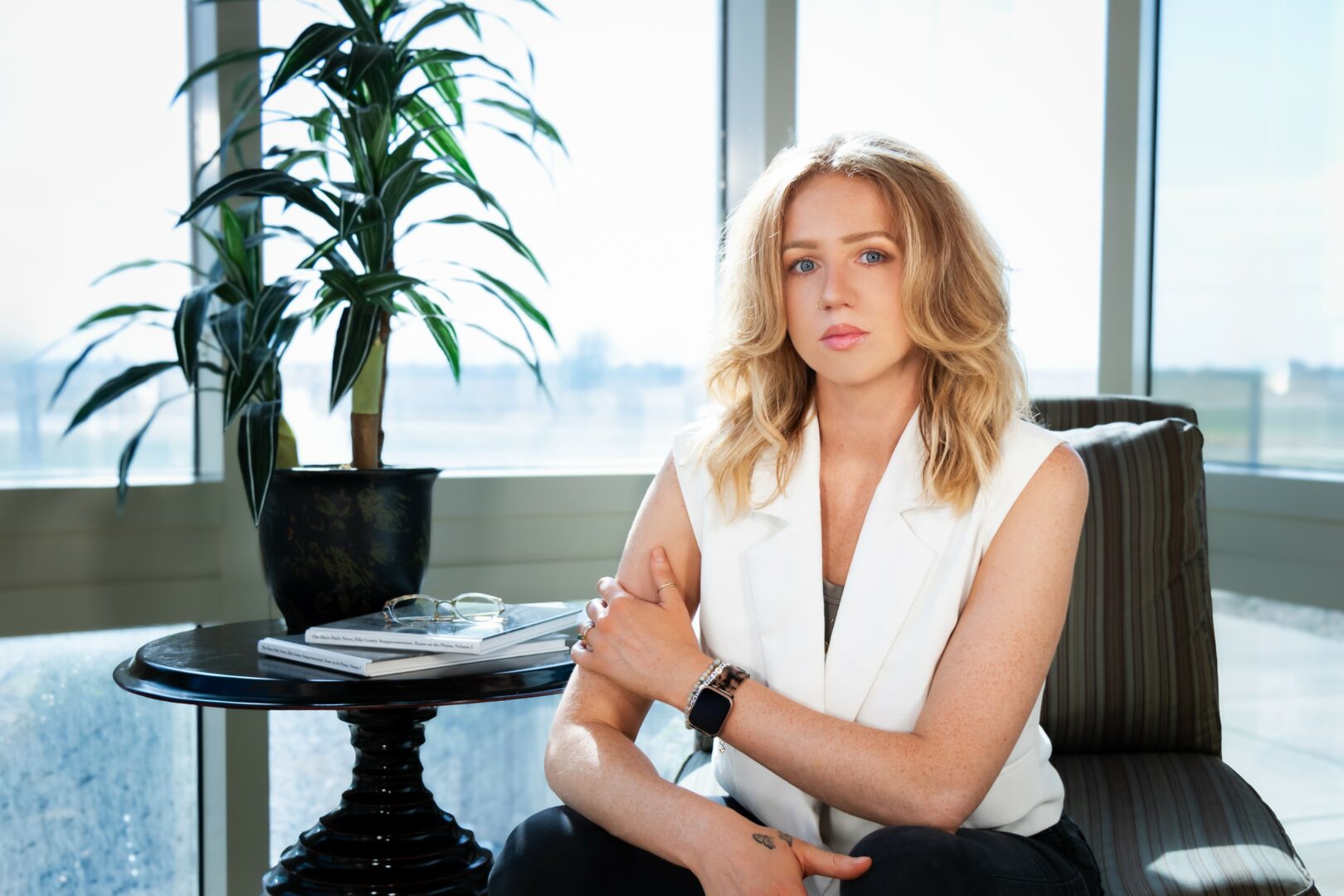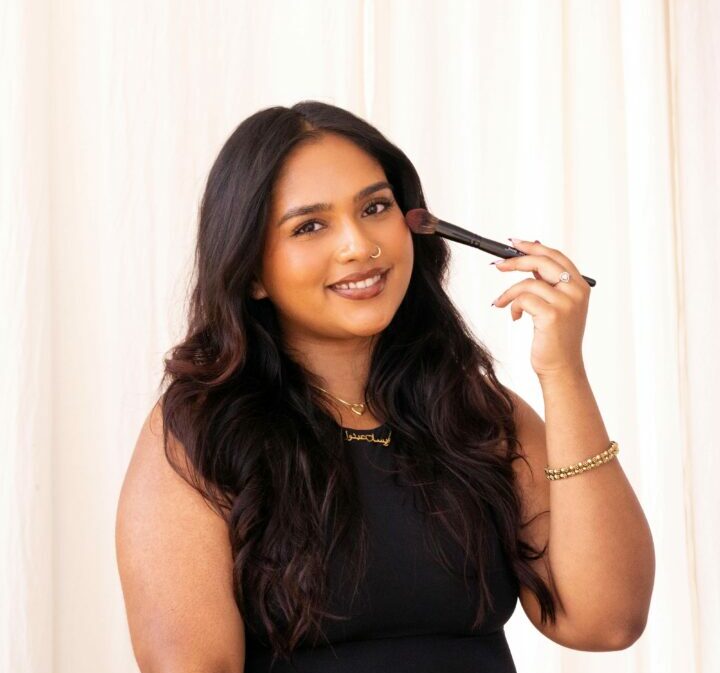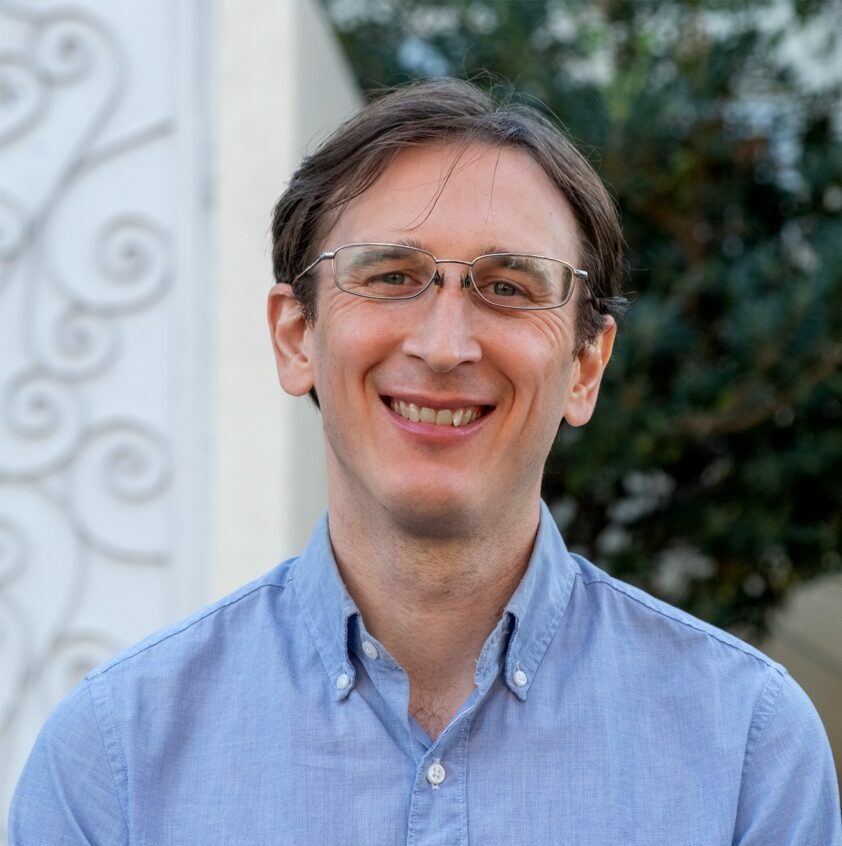We were lucky to catch up with Patrick McGuirk recently and have shared our conversation below.
Patrick, we are so deeply grateful to you for opening up about your journey with mental health in the hops that it can help someone who might be going through something similar. Can you talk to us about your mental health journey and how you overcame or persisted despite any issues? For readers, please note this is not medical advice, we are not doctors, you should always consult professionals for advice and that this is merely one person sharing their story and experience.
I was diagnosed bipolar at 23. I was diagnosed autistic at 28, which put me in a tough spot because there aren’t many services when you’re an adult. My best answer to how I overcome and persist everyday comes from the successes I’ve had in the past. I remember the times when I overcame and they help me to overcome more. I remember my strengths and the positives of being Patrick, and I’m able to tell the negative thoughts that they’ve had their moment. They let me know what they think. Now it’s time to go out and do something with the tools I’ve been succeeding with for the past 11 years since I got diagnosed autistic and 17 years bipolar.
I am a huge advocate for cognitive behavioral therapy. It was what started me onto the path of self-acceptance which is a one way street when you think about it. There is no going back to hating and not accepting ourselves anymore. Sure, I’ll have my moments when I have a bad mood, but my default nowadays is acceptance.
With acceptance comes the ability to take risks in life, with grace.
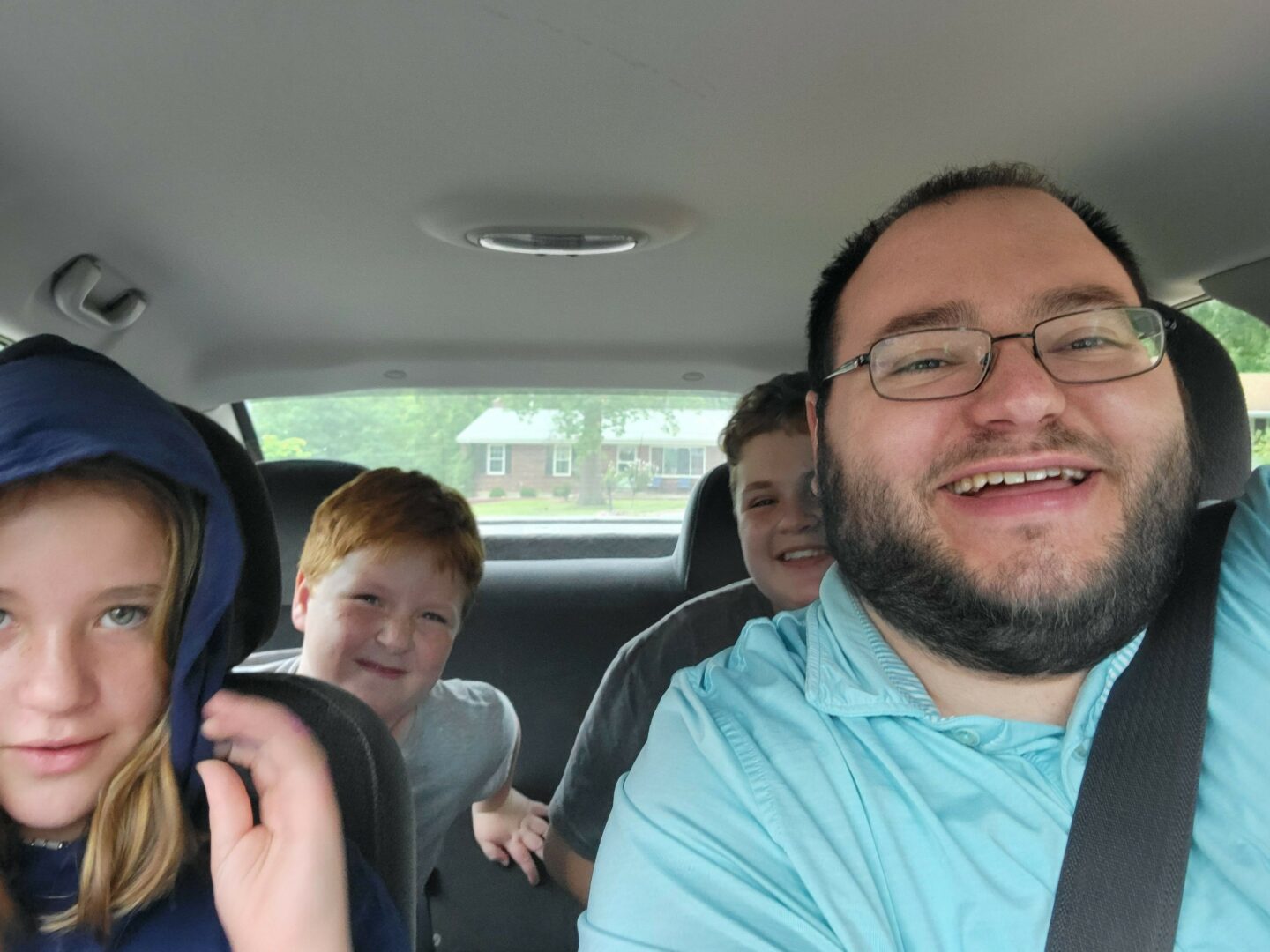
Let’s take a small detour – maybe you can share a bit about yourself before we dive back into some of the other questions we had for you?
I am a photographer who lives in Wildwood, MO. I am a speaker on autism and mental health. I go to different universities in the St. Louis area and talk about acceptance. I am a NAMI volunteer. As for full time work, I decided to spend these next few years taking care of my disabled father. He lost his leg from a drunk driver when he was a kid and now he uses a wheelchair.
My photography is mostly around Wildwood. I have taken everything from drone photos of sunrises to photos of bugs on flowers at the YMCA Community Garden. This year I entered a number of my photos into different competitions around St. Louis and I have come out with $500 so I think I did pretty good for myself in that regard! I was surprised too!
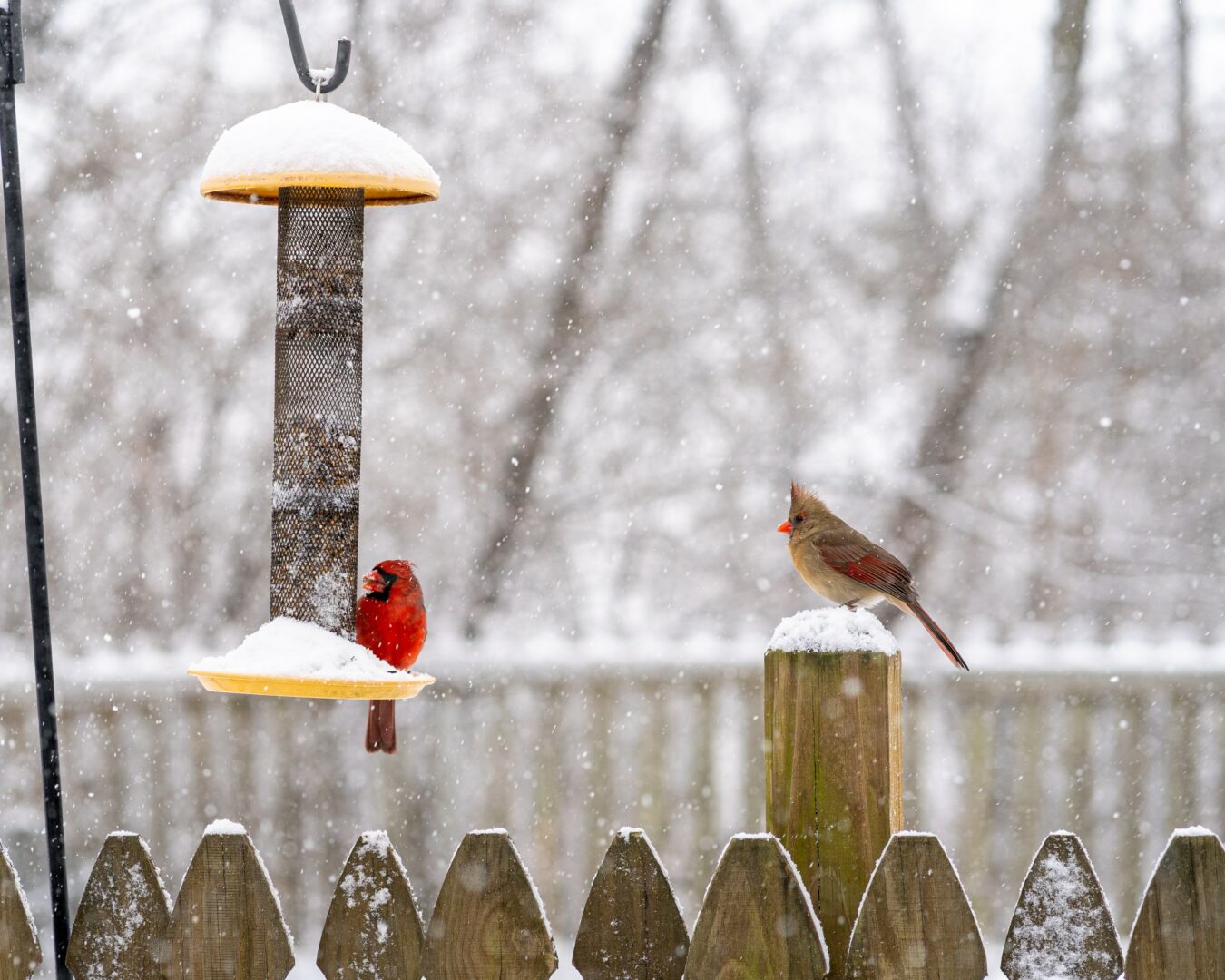
If you had to pick three qualities that are most important to develop, which three would you say matter most?
Self-awareness has to be the foundation we start with if we’re going to be long term successful not just with business but with service to our communities. We simply can’t help others if we don’t know ourselves well enough.
I also say that self-awareness is dangerous without self-acceptance because we just learn to hate ourselves very specifically. So, self-awareness is the first piece and self-acceptance is the second piece.
We have to be teachable and correctable. If someone says we did or said something wrong, we have to have grace and be willing to look at our mistake honestly. A lot of people with different conditions struggle with that because the condition will fill them with shame. But, being teachable and correctable means we don’t have to feel shame with our mistakes.
And at the end of the day, a little scientific literacy, a little knowledge of how mental health treatment works, how professionals do their jobs, will help us in our own treatment. If I understand how medication or therapy works, I can embrace it better. If I am at the mercy of the people who treat me with no understanding of how they do their job, it can be scary to let them do their job, because we don’t know what to expect.
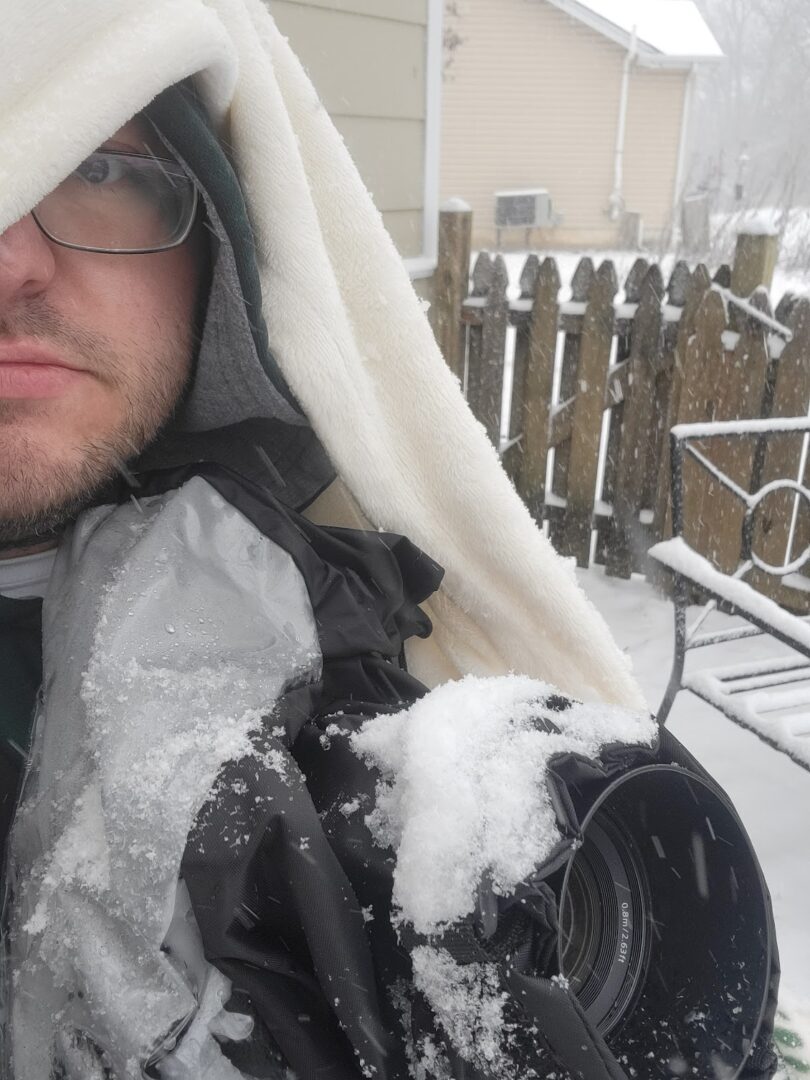
To close, maybe we can chat about your parents and what they did that was particularly impactful for you?
The most impactful thing my parents did for me was getting me in mental health treatment as a kid. While I wasn’t diagnosed with bipolar and autism until my 20s, I was diagnosed with ADHD at 8 years old. Without that diagnosis, I would have easily dropped out of school (which I did, but I came back to finish a year later). I would not have been able to complete college and I would not have been able to find any stability in my life if I wasn’t at least exposed to the treatment system as a kid.
While I have had problems with my parents, they have always supported my goals in life, even if they had their own mental health struggles.
Contact Info:
- Instagram: https://www.instagram.com/patrickmcguirkphotos/?hl=en
- Facebook: https://www.facebook.com/patrickmcguirkphotos/

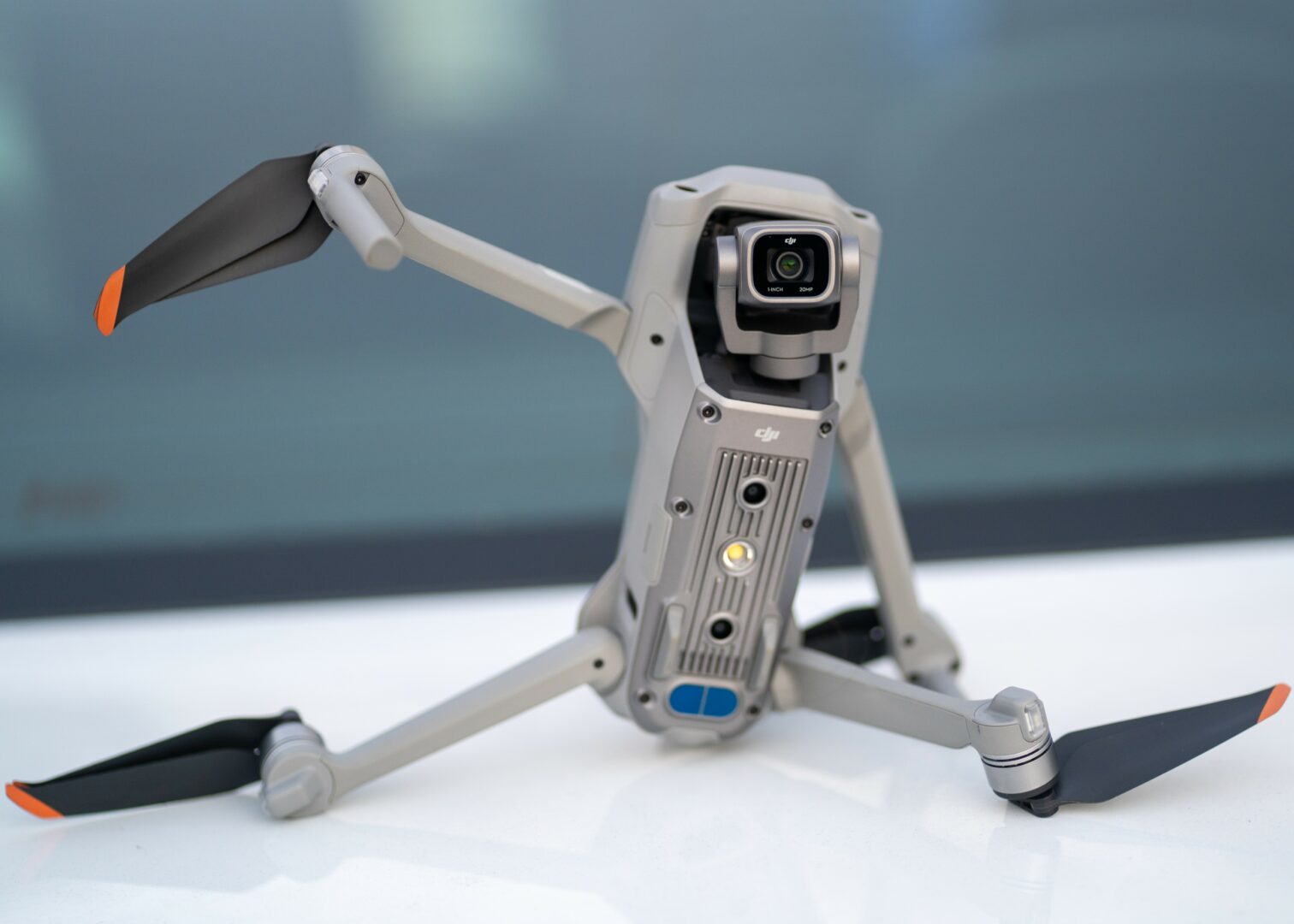




so if you or someone you know deserves recognition please let us know here.


